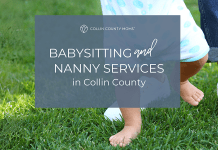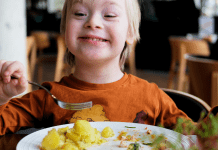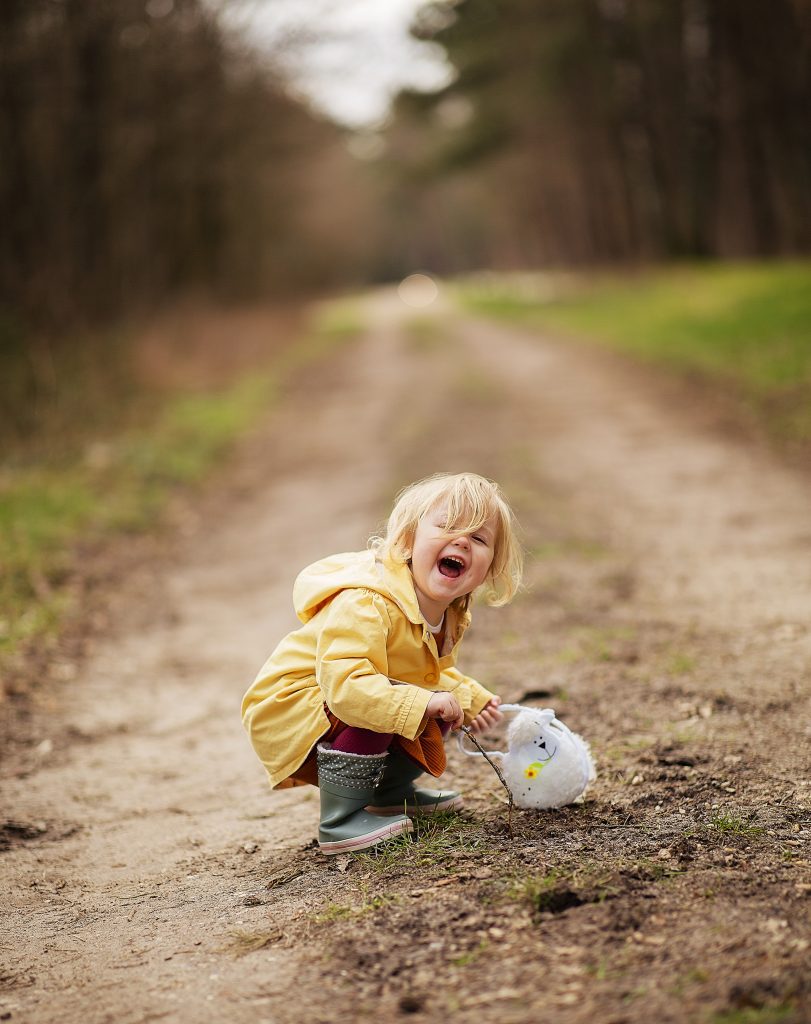
“There is a wisdom in children, a kind of knowing, a kind of believing, that we, as adults, do not have.” —A Tale Dark & Grimm by Adam Gidwitz
When I was a child, I remember doing things that made absolutely no sense to the adults around me. I played in the dirt. Along with my brothers and sisters, I would hurriedly make mud pies and put them in the wishing tree to bake. At the time, of course, It never occurred to us that the “pies” would never actually bake and that the “wishing tree” was just a tree, with a convenient hole in its trunk that we used as an oven. But it was our imaginations that allowed us to willfully wander in magic.
The Wisdom of Investigating
I remember investigating too. Intent on digging deeply, I scoured with one hand and used my uneven nails as tools to pick out the stubborn pebbles that lay cemented beneath for centuries. Strands of my own hair were caught by my dangling tongue that positioned itself, quite subconsciously, to the left of my mouth while I was set on inspection. The exhumation took as long as it took, persisting until I stumbled upon a treasure. The soil was darker and moist beneath. Its dense texture filled my nails and transported me to another realm.
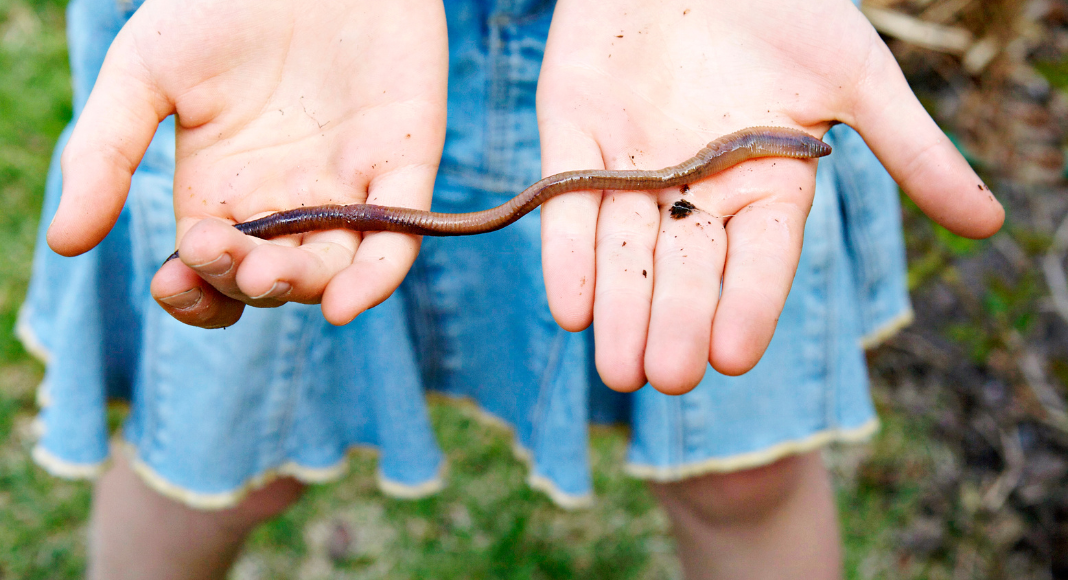
There were worms wriggling desperately at my uninvited touch. Pulling them out, I lay them side by side on a nearby jagged stone, not to measure length, but to count my loot. Time was not a concern then. It seemed I had all the time in the world to investigate.
As a parent though, my own children did not have the same countless hours to venture into the unknown. They did not investigate as thoroughly as I did. Indeed, it would be a fair assumption to suggest that for a while, they believed their middle names to be “Hurry” or “Quickly, we’ll be late!” because I said it so often.
The Wisdom of Learning through Failure
We are busier as parents today. Our kids are constantly in activities that drain their energy and curiosity. We have closed off any form of self-learning for them, and we even stop them from making mistakes. Doing this makes us more efficient, we believe. By showing children the way and avoiding disasters like getting dirty, falling hard, or running out of money, we think our experience will keep them on the right track.
This, for the most part, is true. Experience and learning should be taught by parents. And any experiences we can hand down should be cherished. However, real-life lessons come from these very mistakes and the ridiculous notions children have tried for themselves and failed at.
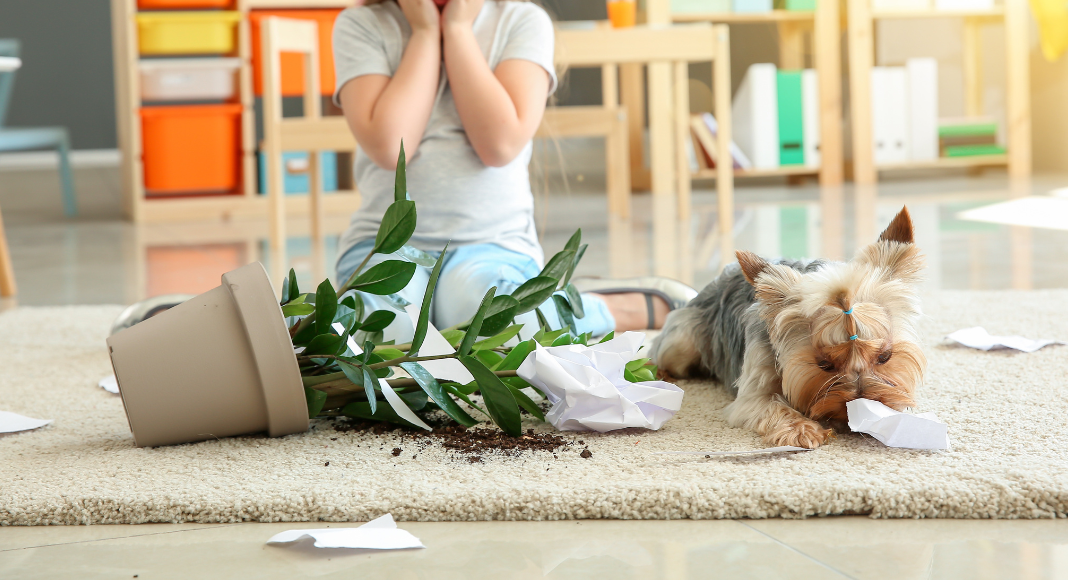
Rediscover the Wisdom of the Child Within
We might also begin to pay careful attention to what we can learn from their knowledge, not just trying to fill them with our own. Children can teach adults too. If allowed to, children can teach us to rediscover those things we still carry within our grown-up selves: that love of rocks, running everywhere just because we can, or make-believe. Those qualities are still there and can reignite once we slow down and allow our kids to teach us things through their play.
It is true that as parents, we should still teach our children important things. Reading, writing, math, and science, and working toward their goals. Social skills like teaching them how to calm down when they’re angry are also important.
But we should also begin to learn from their innocent capacity to wonder. This unbound creativity and curiosity that compels persistent digging for worms in the dirt, strengthens characters and allows Mother Earth and child to coexist, instead of being the distant relations we have forced them to be. Unsupervised reckless leaps of faith and an ability to feel joy, unclouded by cynicism or doubt, is a beautiful thing.






